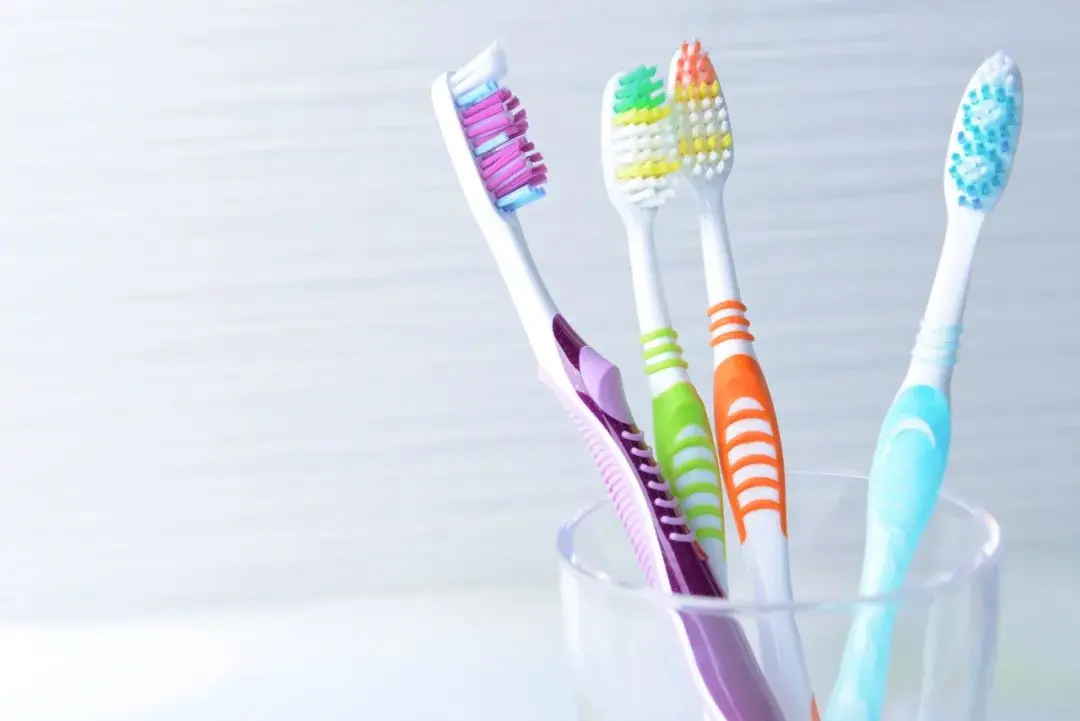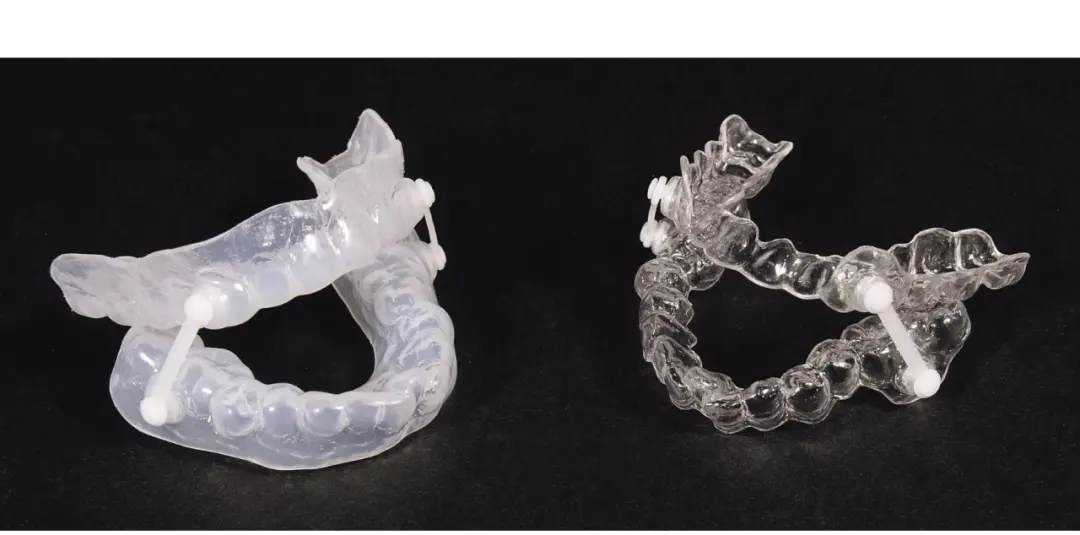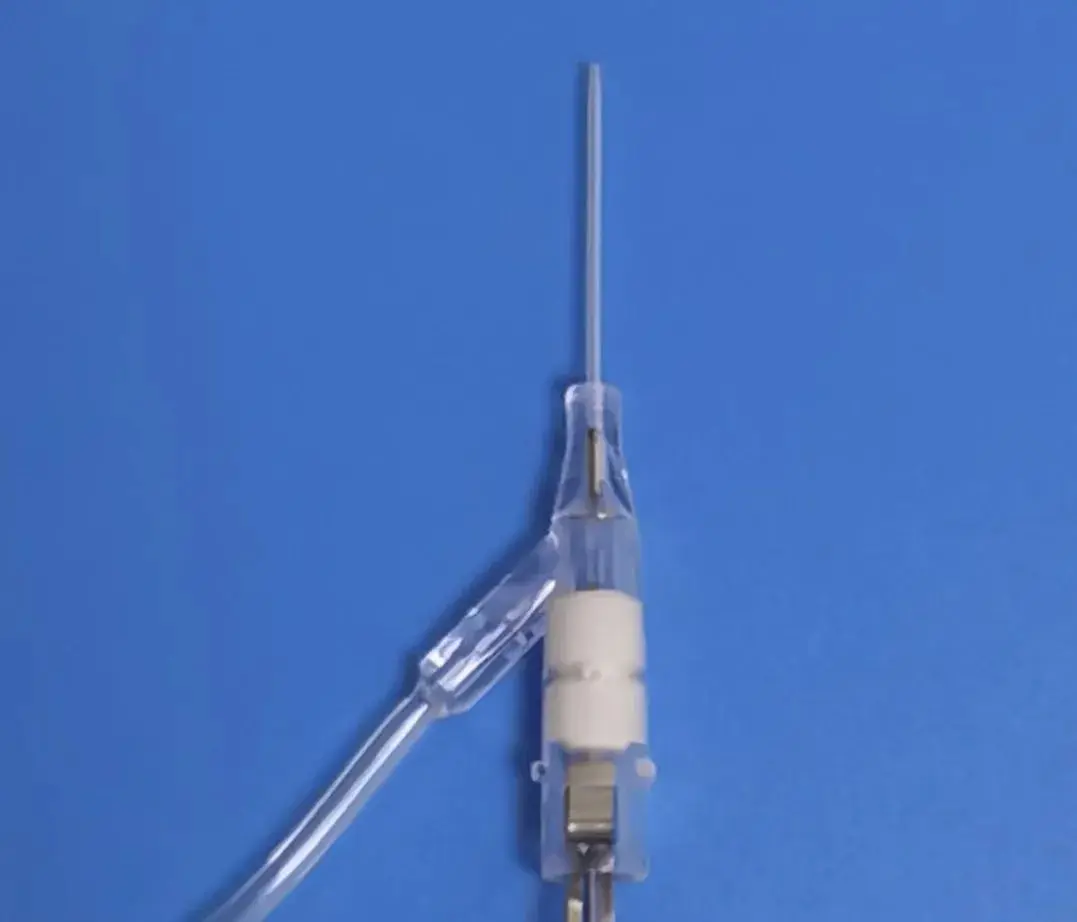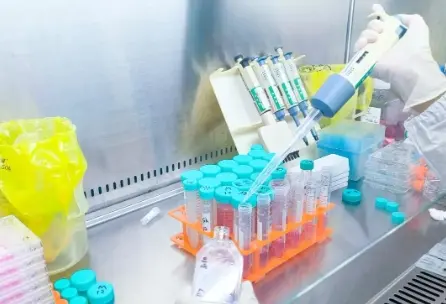
Amazon UL 4200A Test Report for Car Keys
With the development of e-commerce, Amazon, as a globally recognized e-commerce platform, has increasingly stringent safety requirements for listed products. Car keys, being a common consumer product, must comply with the UL 4200a standard to be sold on Amazon. UL 4200A is a mandatory safety standard approved by the U.S. Consumer Product Safety Commission (CPSC) for products containing button or coin cell batteries. It aims to reduce the risk of children accessing and swallowing button batteries. Since car keys typically use button batteries, they must meet this standard to ensure product safety and compliance.
Standards for Car Keys
The applicable standard for car keys is ANSI/ul 4200a-2023. This standard covers household products containing or potentially using lithium button or coin cell batteries, setting systematic requirements in various aspects such as structure, testing, warning labels (on the product and packaging), and instructions.
Test Items for Car Keys
According to the UL 4200A standard, car keys need to undergo the following tests:
1. Abuse Testing
Simulates potential abuse scenarios during the use of car keys, including drop, impact, crush, twist, pull, and compression tests.
- Drop Test: The battery must be dropped multiple times from a specified height onto a hard surface.
- Impact Test: Applies force to the battery casing or battery compartment cover to check for damage.
- Crush Test: Exerts continuous pressure on the exposed surface of the battery to assess its durability.
2. Battery Compartment Safety Test
- This test evaluates the robustness of the battery compartment, ensuring it is secure and not easily accessible for battery replacement.
- External forces are applied to check whether the battery remains securely in place during testing.
3. Labeling and Marking Requirements
- The UL 4200A standard specifies labeling requirements for both the product and its packaging.
- Labels must be clear, legible, and include battery safety warnings to inform consumers, especially regarding potential hazards for children.
Testing Requirements for Car Keys
1. Appearance Inspection
- Checks the physical condition of the car key to ensure there are no damages, deformations, or defects.
2. Battery Short Circuit Test
- Evaluates the safety of the car key's battery under short-circuit conditions.
3. Overcharge Test
- For rechargeable car key batteries, this test ensures safety under overcharging conditions.
4. Vibration Test
- The car key is placed on a vibration platform for a specified period to assess its reliability in a vibrating environment.
5. Temperature Test
- The car key is exposed to high and low temperatures for a certain period to evaluate its performance and safety under extreme temperatures.
Process for Obtaining a ul 4200a test Report for Car Keys
1. Submit Application
- Submit an application to the testing agency and complete the relevant forms.
2. Provide Product Documentation
- Prepare necessary certification documents and materials, such as product manuals and design drawings, in accordance with standard requirements.
3. Send Sample for Testing
- Ship the car key samples to the designated testing laboratory.
4. Conduct Testing
- The testing laboratory performs various tests on the car key samples based on UL 4200A standards.
5. Draft Test Report
- If the test results meet the standards, the laboratory issues a draft test report for the company to review and confirm.
6. Issue Final Report
- Once the company confirms the draft, the laboratory issues the official UL 4200A test report.
UL 4200a Test Cost
The cost of UL 4200A certification varies depending on the product, testing requirements, laboratory, and certification body. Generally, the cost for a UL 4200A test report from China’s JJR Laboratory is $698. We are an IEC 17025 accredited laboratory—feel free to contact us for inquiries.
Email:hello@jjrlab.com
Write your message here and send it to us
 Toothbrush FDA Certification Testing
Toothbrush FDA Certification Testing
 Snoring Device FDA 510k Standard Testing
Snoring Device FDA 510k Standard Testing
 Single Use Intravenous Catheter Certification Test
Single Use Intravenous Catheter Certification Test
 Silicone Material Product Compliance Certification
Silicone Material Product Compliance Certification
 What to Do If Cytotoxicity Test Results Are Positi
What to Do If Cytotoxicity Test Results Are Positi
 ISO 10993:5 Cytotoxicity Testing Methods
ISO 10993:5 Cytotoxicity Testing Methods
 FDA ISO 10993-1 Biocompatibility Evaluation Guidel
FDA ISO 10993-1 Biocompatibility Evaluation Guidel
 In Vitro Cytotoxicity Testing for Medical Devices
In Vitro Cytotoxicity Testing for Medical Devices
Leave us a message
24-hour online customer service at any time to respond, so that you worry!




